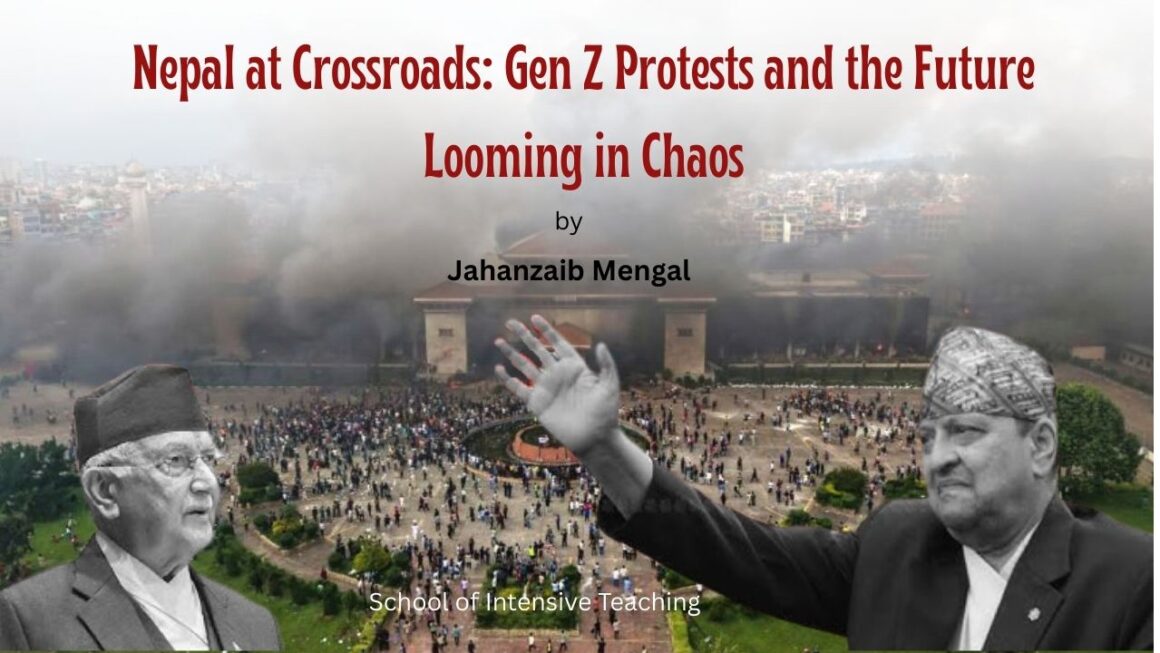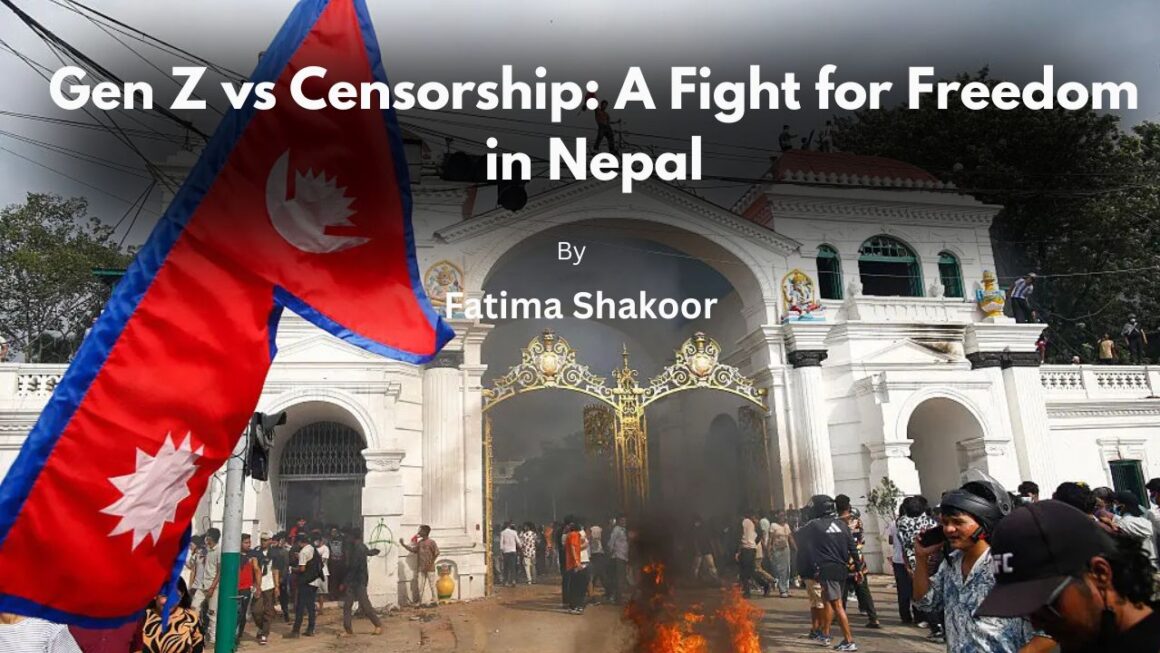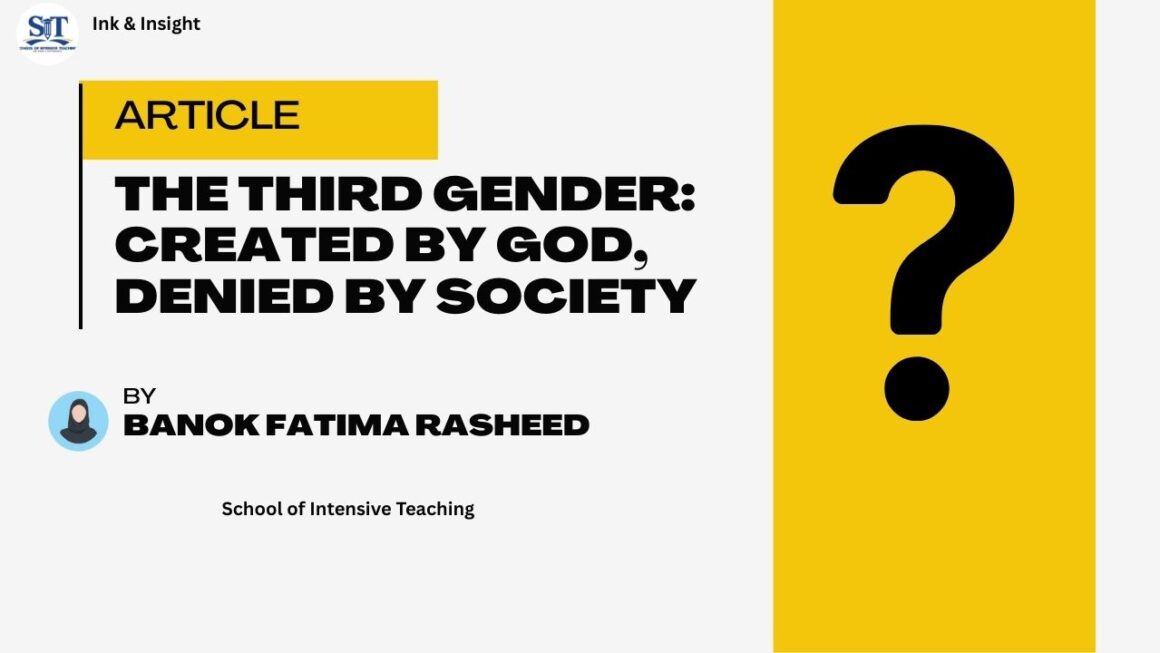The Middle East is more violent, volatile, and complex than ever. The events with a domino effect have incessantly impacted its dynamics, particularly the economic and political situation. In the same vein, Israel- Iran being part and parcel of the Middle East, have a tremendous effect on the Middle East. The bonhomie among both states had also impacted this region for decades, and later, the antipathy is also changing the dynamics of the Middle East. The creation of Israel was a grave concern for the Arab states and Iran. Initially, Iran was also among the bloc which was opposing the creation of Israel. Later, Iran developed cordial relations with the newborn state based on mutual understanding and cooperation. In this period, despite the vicious acts of Israel, no voice was raised by Iran. In the bloody wars with Arab states, Iran was on neither side. While after the theocratic change in Iran in 1979, Iran took a U-turn and turned its bellicosity towards Israel. In the two periods of drastic changes, the Middle Eastern countries were oscillating between both countries.
Iran\’s cross-border ambitions and Israel\’s concerns for her existence are a raison d’etre for straining both states\’ relations. Iran started cross-border activities to export revolution and geopolitical interests in countries contiguous to Israel, like Syria, Lebanon, and Palestine. The cross-border activities of both states had adverse effects on Middle East dynamics. It generated vicious cycles of an arms race, political manipulation, proxy wars or international terrorism, strategic alliances, and counter alliances in the Middle East. This made the Middle East susceptible to wars and devastation.
The political manipulation has increased concerns among the Middle Eastern states. Iran\’s growing influence in Syria, Lebanon, Iraq, and Bahrain clearly divulges its regional ambitions. Hezbollah in Lebanon is gathering more influence through electoral victories. The strenuous struggle of the Iranian regime to safeguard Bashar-ul-Assad is worsening the situation in Syria. The game of alliances and counter alliances continued in the region. The tripartite of Israel, Saudi Arabia, and the USA is countered by an alliance of Iran, Turkey, and Russia. The division of the Middle East into blocs, not based on sectarian divide, has complicated the situation. The former allies have turned into enemies in the Middle East.
The arms race in the Middle East has created a security dilemma. Israel never unveiled its nuclear assets. The threat was always there from Israel about using nuclear weapons if there was an existential threat. To minimize the threat from Israel, Iran embarked on a nuclear arms race. Iran\’s pursuit of nuclear weapons proved a clarion call for Saudi Arabia and its allies. It generated an arms race in the Middle East, exacerbating its economy.
On the basis of escalating hostility, which can be changed into hostilities, it can be extrapolated that it directly impacts the socio-economic and political situation of the Middle East. The antagonism of both states based on various variables put peace in West Asia on tenterhooks. The former allies have changed into enemies. The 41- Saudi led coalition, which does not include Iran-backed countries, evinced the cracks in Arab unity. The coalition is backed by the USA and Israel, which are arch-rivals of Iran. The proxies of Iran and Israel in Lebanon, Syria, and Palestine devoured thousands of lives. It created the largest refugee crisis in the world. The Middle Eastern countries are in shatters only because of proxies. Now there is an increased arms race in the Middle East because both Israel and Iran want the upper hand in military might. The acquirement of nuclear weapons, if continued, will generate new security problems in the world. The weapon can also be possessed by non-state actors, which is lethal for all states. The backing of Saudi Arabia to Israel and Turkey to Iran has divided Middle East states into many blocs based on myriad interests. Activities of both states in Palestine have sabotaged the situation in Palestine. It seems both countries are determined to support terrorist activities in the Middle East only to gain influence.
About the Author:

Inzamam Qasim Silachi
Contributor at SIT Ink & InsightInzamam Qasim studied International Relations at Quaid-i-Azam University, Islamabad. He hails from Sibbi, Balochistan. He tweets @inzamam_qasim













